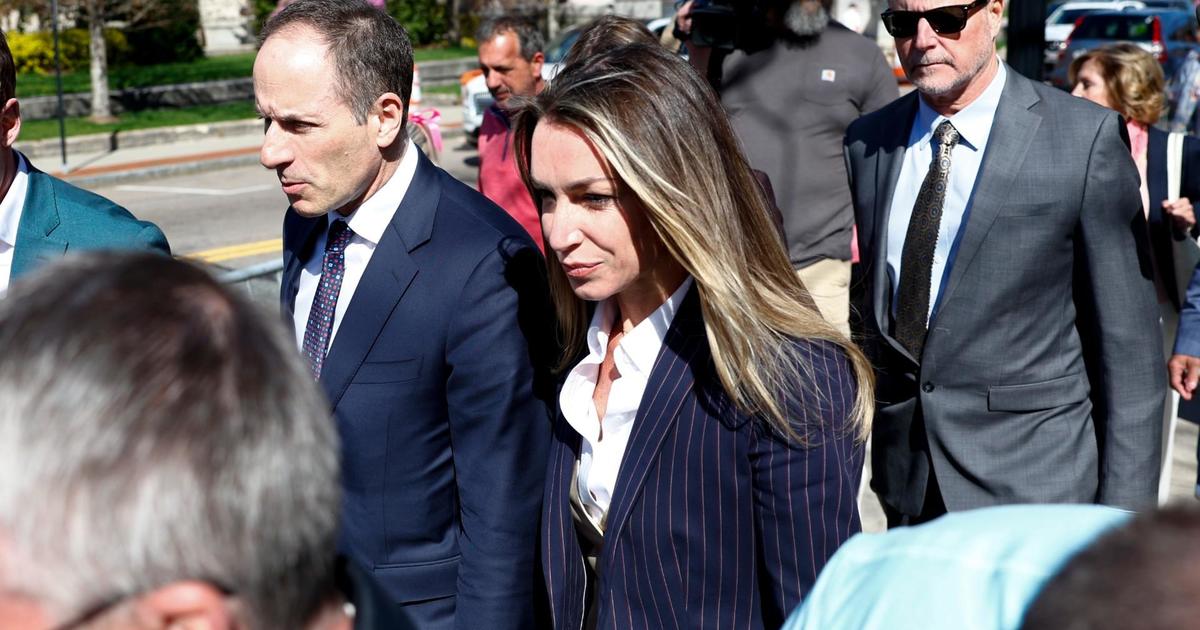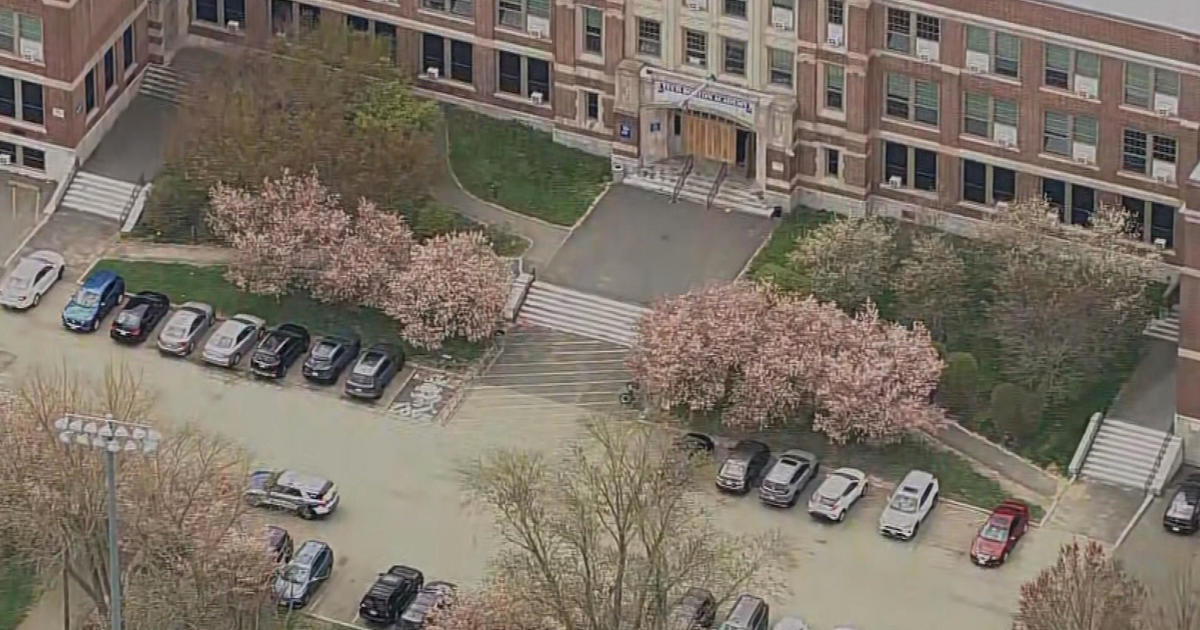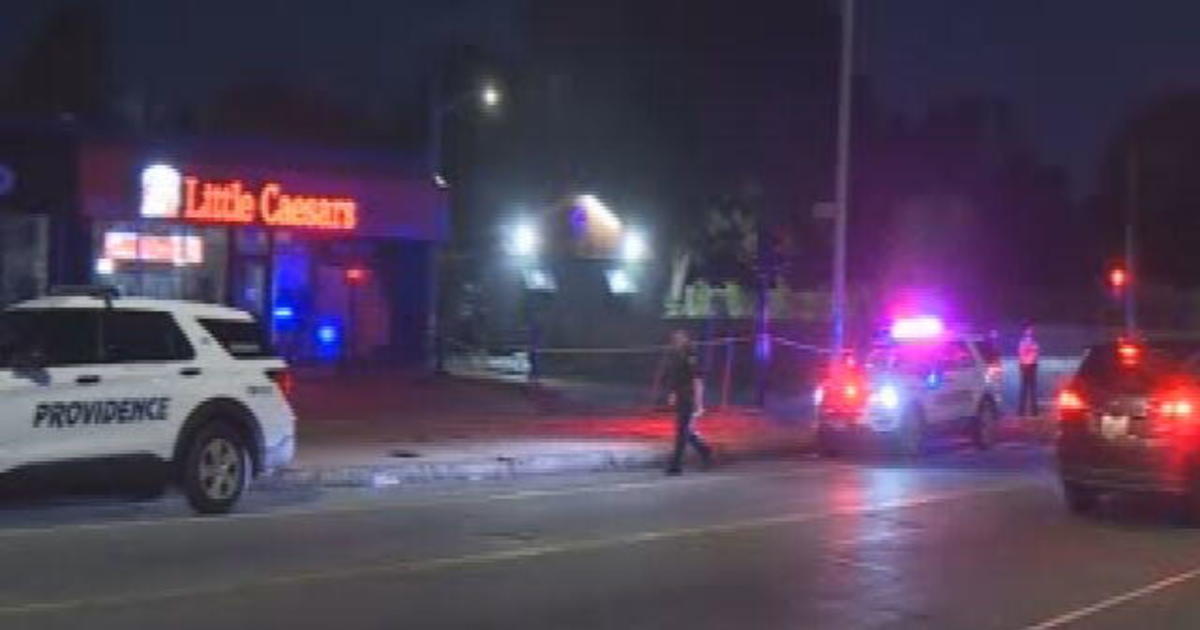Long COVID Testing Lines Across Massachusetts Force Some To Wait Hours In The Cold
BOSTON (CBS) -- The first few days of 2022 were marked by people lining up for hours in Boston, Brockton, Worcester, and other places across Massachusetts seeking COVID-19 tests.
On Monday, a walk-in testing site in Jamaica Plain had people lined up two hours before opening. The line itself snaked over a quarter-mile as people waited three hours or more in freezing weather. One woman brought a chair, a man bundled in a blanket and several people carried children or tucked them in strollers.
"It took about three hours and 25 minutes to get tested from beginning to end. We were outside for two hours in total," said Reverend Laura Everett who waited in line to get tested in Dorchester after her spouse, a Boston school teacher, tested positive for COVID.
"You know, I was standing next to a five-year-old and we shouldn't expect a five-year-old to stand outside in 26-degree weather. We shouldn't expect our elders to do that," Everett said.
Boston Mayor Michelle Wu vowed to increase testing site capacity and speed up operations Monday.
"It's absolutely unacceptable that in the city of Boston, our residents have been having to wait two, three-plus hours to get a test to stay safe and keep their families and community safe," Wu said.
In Brockton, Brockton Neighborhood Community Health Center COO Maria Celli said the soaring demand for testing was reminiscent of 2020. Celli said BNCHC has plenty of tests but staff is in short supply.
"The last week and a half have been extraordinary," Celli said, "We have had a lot of staff who have been coming down with illness."
Testing delays shortages also have an impact on COVID treatment. The two FDA-approved treatments for COVID both require a PCR test for confirmation.
"All of the emergency use authorizations are based on people having a PCR documented infection. And all of the drugs being used are most effective in the first 3 to 5 days after onset of symptoms or diagnosis," said Dr. Daniel Kuritzkes, Chief of Infectious Diseases at Brigham and Women's Hospital.
While the lines persist, people like Reverend Everett say more can be done to ease the pain.
"Some porta-potties, some mobile food trucks, where we're giving out hot cocoa. If we're going to be outside, give out some hand warmers too. If we gotta do it, let's make it kinder," Everett said.



